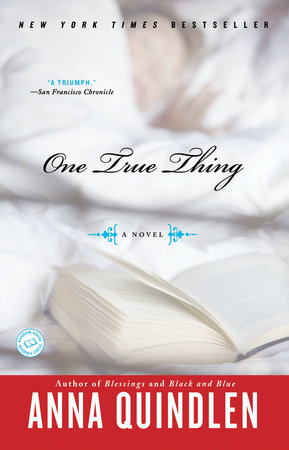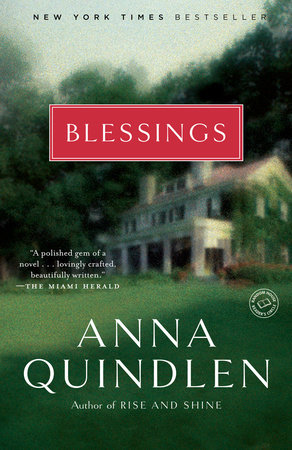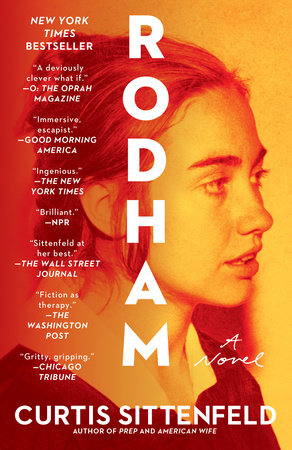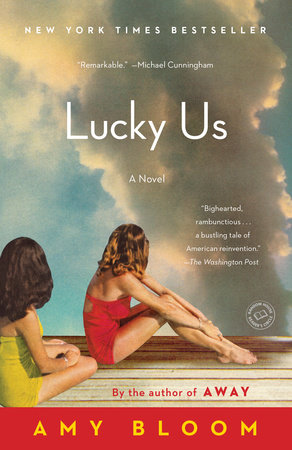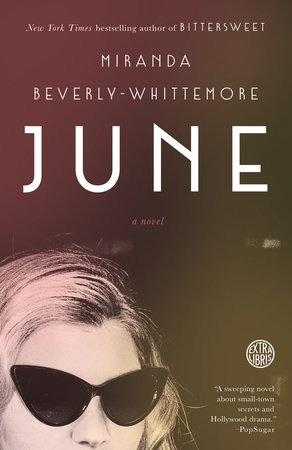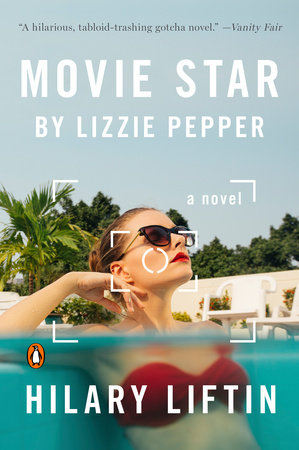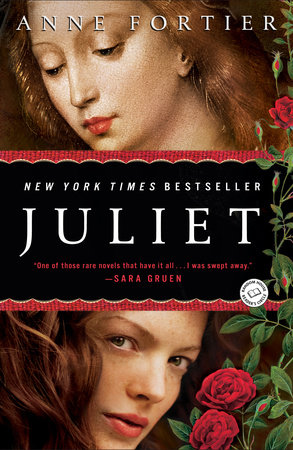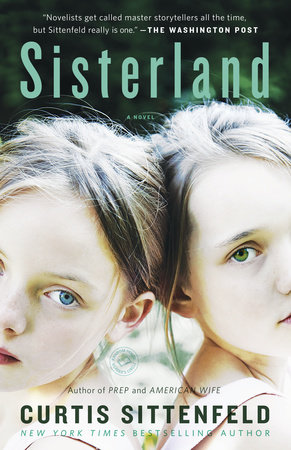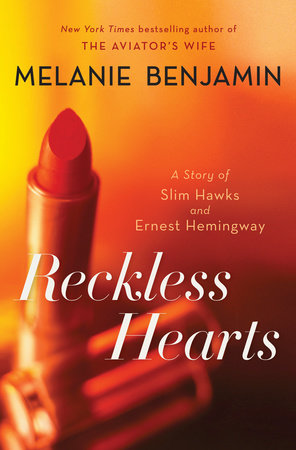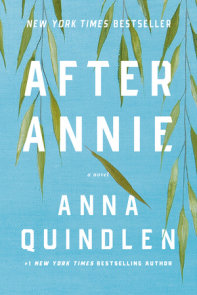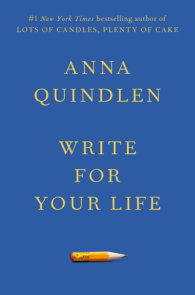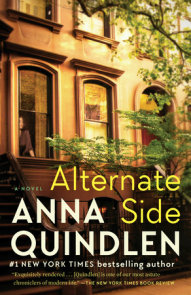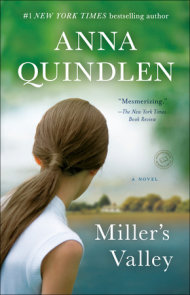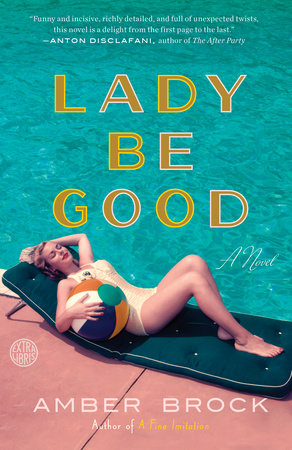Author Q&A
A CONVERSATION WITH ANNA QUINDLEN
Question: Where did you come up with the idea for such a complex story? How did you do your research on the medical and legal aspects of the novel?
Anna Quindlen: Odd as it may seem to some readers, I wanted to write a novel about the lives of women at the end of the twentieth century, in light of the modern feminist revolution. To me, Kate and Ellen represent the two polar ideas of women that arose at that time: the traditional woman, who embraced life as wife and mother alone; and the new woman, who rejected those roles in favor of a life in the world. Of course, as we all know now, what works for so many people is a synthesis, something closer to the center. And I wanted to explore a series of events that would take Ellen there, or at least place her closer to some more balanced sense of what it means to be female. Originally I had the idea of the mother and daughter; it was only after some consideration that I decided to introduce the notion that the mother was dying, and the mystery about how she ultimately died. The first was an attempt to sharpen the characters of all involved. I believe that in fiction, as in life, people become most themselves under pressure. The second was to explore the notion of that traditional woman, and the probability that beneath the surface there was more steel and strength than met the eye. I did no research on either the medical or legal aspects of the story. In fact I have never done any research for any of my novels. In this case I knew a lot about issues surrounding cancer and euthanasia, and it was helpful from a legal standpoint that my husband is a longtime trial attorney.
Q: How did you create the members of the Gulden family? Did you know from the beginning how their characters would take shape?
AQ: I was pretty clear on Kate and Ellen from the very beginning, although in the natural order of things you always learn a great deal about your characters as you move along. It’s a little like a friendship; you understand much more at five years than you do at one year. George developed over time. I think hugely nurturing people sometimes create monsters around them: they give and give and so produce people who know only how to take. And then of course, the Oedipal triangle encompassing mother, father and daughter means that qualities developed in each that I tried to illuminate. My greatest challenge as a writer was to not make Ellen too likable. I don’t think, especially in her earliest incarnation, that she’s a particularly likable person. It was difficult to channel her because of that, and I might have despaired had I not known that she was going to grow, learn and soften. But in the early days I kept having to rewrite scenes in which I’d lapsed into making her nicer. I suppose that’s a stereotypical female response. Or maybe it’s because I knew the reader might see her as my surrogate.
Q: Was it hard to write about such a painful topic? How did you balance the difficult aspects of the story (Kate’s illness, the deterioration of Ellen’s relationship with her father, the trial, etc.) with the overall hopeful message?
AQ: I think readers who are familiar with a bit about my life assume that the book was more difficult than it was. Sometimes they will come up to me and say, “Oh, I loved the book about you and your mother.” It is true that my mother died of ovarian cancer when she was forty and I was nineteen, and of course that made it easy to evoke many of the details of Kate’s illness and death. But I used that in the way you might use a city you’d lived in as the backdrop for a story, or give a character a profession you’d once practiced. It was useful and important, but I don’t think of it as what the book is about. It probably would have been painful had I tried to write this a short time after my mother died, and I can say unequivocally that I would have been unsuccessful, both because I would have lacked the emotional wherewithal to work with the material and transform it properly and because I wasn’t introspective enough to tell a story of this sort. But One True Thing was written twenty years after those events in my own life. There were scenes that were quite draining. The scene in which Kate is in the bathtub was pretty terrible to write. I wept through most of it. But I did the same with emotionally charged scenes in all three other novels as well. I tend to be an optimistic person and writer, but in this case if there is a hopeful message it is with good reason. Ellen has been well-mothered, and I know enough about the world to know that that is both relatively rare and absolutely pivotal. So I think she is going to be able to incorporate the life of the mind that her father bequeathed her and the full heart her mother left her and be a whole human being.
Q: You’ve written fiction and nonfiction, news columns and novels–what is the most difficult to write? The most fun? The most rewarding?
AQ: I have been a journalist for so long and have written so many hundreds of columns that it is just easier for me than writing novels. Columns are also bite-size; one of the things that makes a novel so challenging is that there’s so much of it. Having said that, if I had to choose a single form tomorrow, I would choose novel writing. I’m lucky; I don’t have to make that choice.
